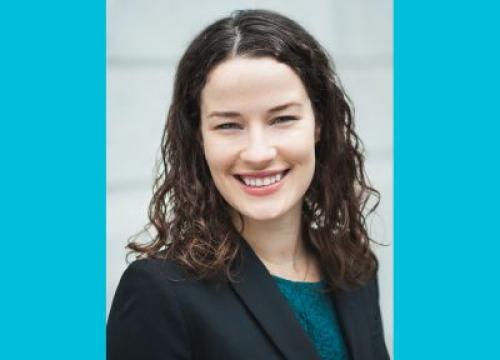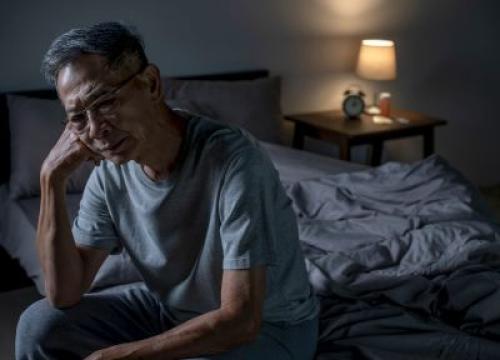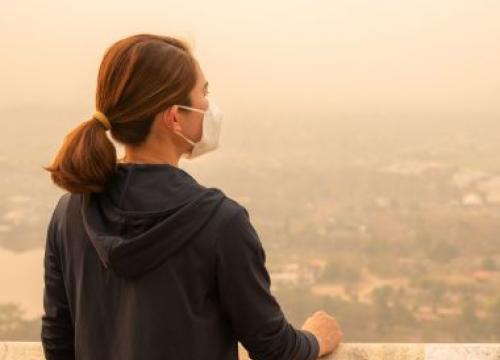Breathing & Respiratory Difficulties
💡 Quick Summary
-
Shortness of breath in Parkinson’s can result from “wearing off,” respiratory dyskinesia, anxiety, aspiration pneumonia or other health conditions.
-
Treatments include adjusting PD medications, addressing anxiety, treating infections, and consulting a speech-language pathologist for swallowing issues.
-
Coping strategies include staying active, managing anxiety, quitting smoking and working with your doctor to address non-PD causes.

Some people with Parkinson’s disease (PD) may experience shortness of breath. Common reasons include:
- “Wearing off” — this is a common experience among people with PD who have been taking levodopa for several years. It occurs when the medication benefit wears off and PD symptoms (including shortness of breath) return before the next dose has taken effect.
- Respiratory dyskinesia is an occurrence of irregular and rapid breathing, typically occurring when levodopa medications reach their peak effect. This is typically accompanied by dyskinesia (writhing movements) of other body parts.
- Anxiety is a common symptom of PD that may also exacerbate shortness of breath. Anxiety may occur by itself or as a consequence of medication wearing off.
- Aspiration pneumonia is pneumonia that develops after food or liquid “goes down the wrong pipe.” Advanced PD can increase the risk of swallowing difficulties, choking and aspiration pneumonia.
- Non-PD health issues including conditions such as asthma, allergies, lung disease, heart disease and others may cause shortness of breath.
Therapies
Treating breathing difficulties in PD depends on the cause identified. For wearing off and dyskinesia, adjusting PD medication is typically helpful. Anxiety can be treated with medication or psychotherapy. Aspiration pneumonia is typically treated with antibiotics.
Tips for Coping with Breathing Difficulties
- Work with your doctor to identify and treat any non-PD causes of shortness of breath, such as lung disease, heart disease or lack of physical conditioning and endurance.
- Exercise as much as possible. Shortness of breath may lead a person to move less. Less physical activity reduces the ability to take deep breaths. Staying active improves pulmonary function.
- Take steps to cope with anxiety. Talk with your doctor to figure out what sets off anxiety and find treatments (medications, exercise, lifestyle changes) and techniques that work for you.
- If you have experienced aspiration pneumonia, speak to your doctor about being evaluated by a speech-language pathologist (SLP) who can help you address issues related to swallowing.
- Give up smoking.
Page reviewed by Dr. Addie Patterson, Movement Disorders Neurologist at the Norman Fixel Institute for Neurological Diseases at the University of Florida, a Parkinson’s Foundation Center of Excellence.
Related Materials
Pain in Parkinson's Disease
Nutrition and PD
Medications for Non-motor Symptoms
Related Blog Posts

Meet the Researcher Working to Restore Sleep in Parkinson’s

Treating Sleep Apnea May Lower Parkinson’s Risk
